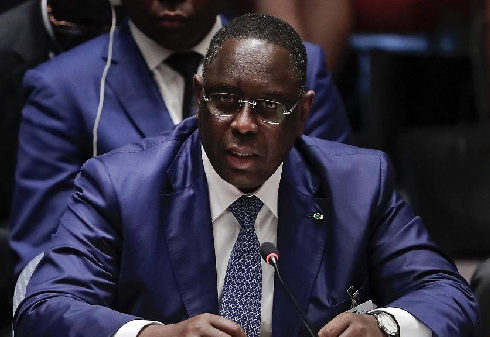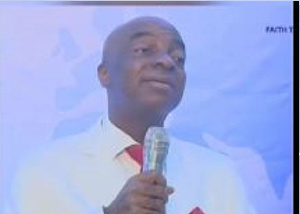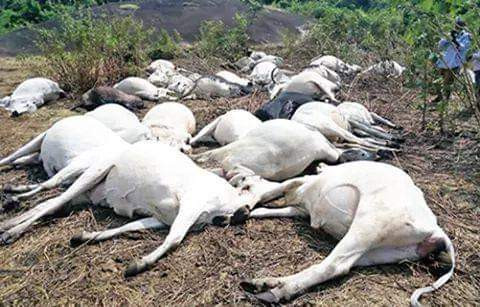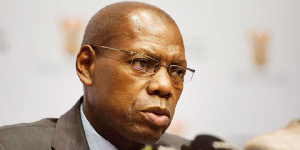Senegal President Macky Sall announces 24 March election

Senegal’s government has announced that the country’s presidential election will take place on 24 March.
The announcement follows tension in the West African nation after President Macky Sall postponed the election last month, sparking widespread protests.
Parliament has also passed an amnesty law for crimes linked to the protests.
The president’s opponents had accused him of mounting a constitutional coup but he denies seeking to extend his term of office.
Mr. Sall’s 12 years in power is due to end on 2 April.
The announcement of the election date has been welcomed by opposition figures.
“What we are looking forward now is fair, just and transparent elections. That is the last duty that President Macky Sall has to fulfil,” Aminata Touré, a former prime minister under Mr. Sall who switched to the opposition, told the BBC’s Newsday programme.
Senegal has long been seen as one of the most stable democracies in Africa.
It is the only country in mainland West Africa that has never had a military coup.
Prior to Wednesday’s announcement, authorities had attempted to postpone the original 25 February poll to December, which resulted in deadly unrest on the streets.
But the Constitutional Council later ruled that the presidential election must take place before 2 April.
Earlier on Wednesday evening, Mr. Sall dissolved the government and replaced Prime Minister Amadou Ba with Interior Minister Sidiki Kaba.
This was so that Mr. Ba, the ruling coalition’s presidential candidate, could focus on his electoral campaign, the presidency said.
President Sall has served two terms as Senegal’s leader and when he was first elected in 2012 he promised he would not overstay.
In another attempt to defuse political tensions, lawmakers have approved a bill which gives amnesty for all offences “relating to demonstrations or having political motivations” that were committed 1 February 2021 to 25 February 2024.
Ninety-four members of parliament backed the measure while 49 voted against it.
Critics say the law will shield the perpetrators of serious crimes, including members of security forces who killed dozens of protesters, as well as Mr. Sall.
But the law’s supporters say it will benefit the opposition, as it could pave the way for the release of leading opposition politician Ousmane Sonko and thousands of his supporters.
Mr. Sonko was at the forefront of the campaign against Mr. Sall, and was imprisoned in 2023 on what he said were trumped-up charges aimed at barring him from running for president.
Despite the latest political reforms, the list of candidates eligible to contest the presidency remains unchanged, meaning Mr. Sonko still cannot run for office.
Nevertheless vice-president of his Pastef party, Yacine Fall, told the BBC that the announcement of an election date was “a big relief for the whole country”.
“Unfortunately, Ousmane Sonko had been illegally prevented from being a candidate, but we are still happy to see that Pastef… has a candidate,” she said.
“We are hopeful and we are convinced that if the campaign is done and due process is put in motion, Pastef will win the election and Bassirou Diomaye will be the next president of Senegal.”
However, Mr. Diomaye is currently in prison – he is one of those hoping to be freed – while Pastef has been banned on charges of calling for insurrection.
Another leading opposition figure, Karim Wade, is not on the list of approved candidates and so will also not be able to take part in the election which is in just over a fortnight’s time.
Source: bbc.com





